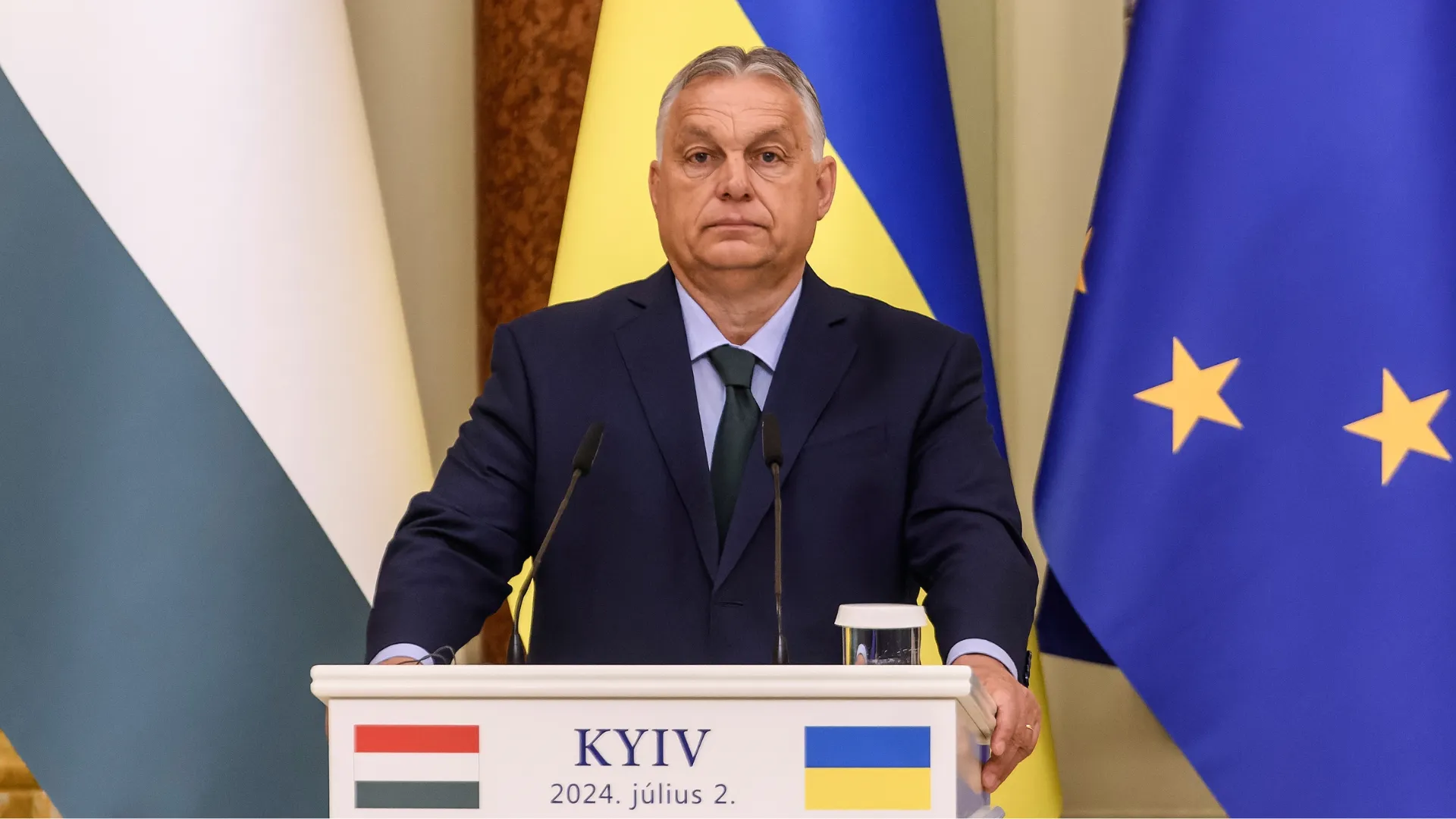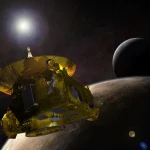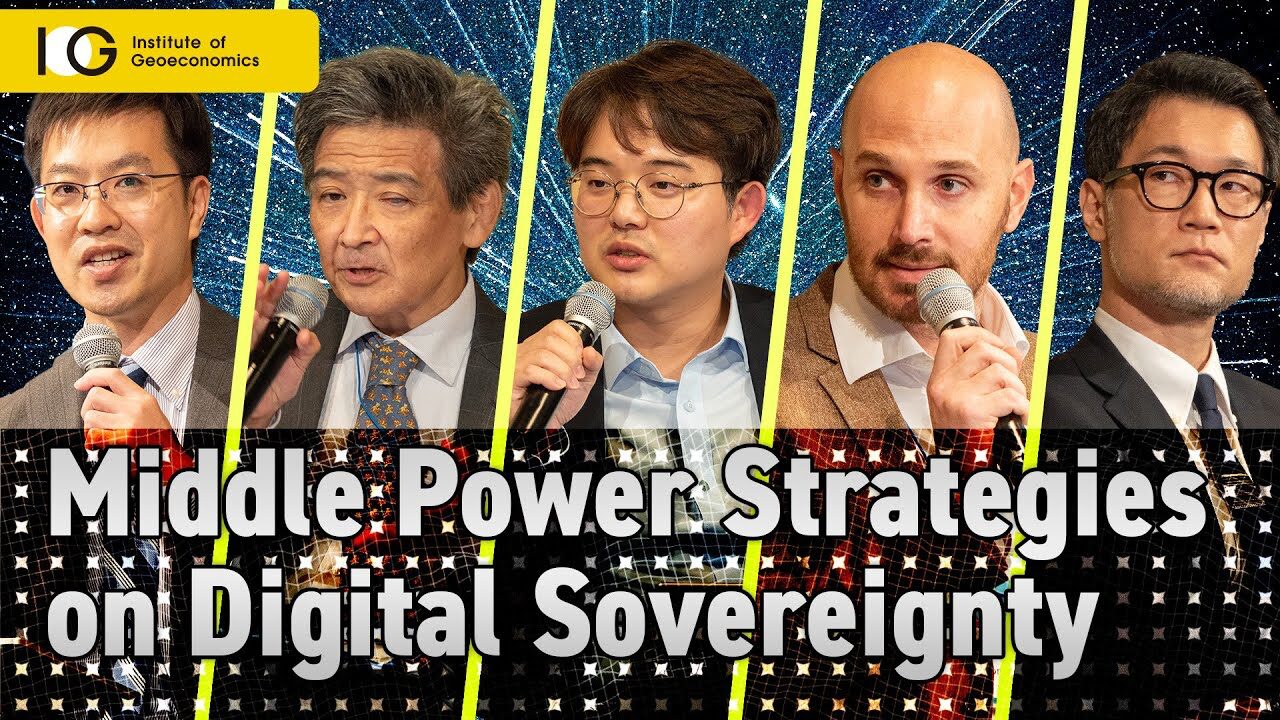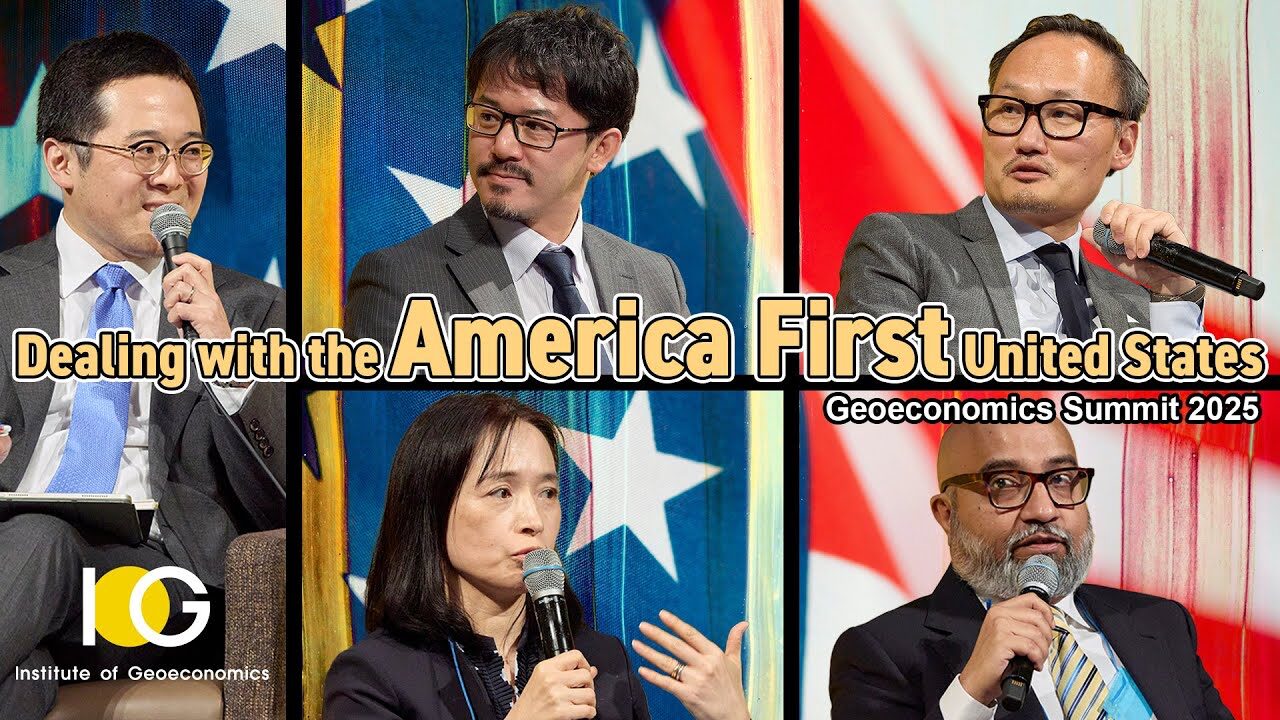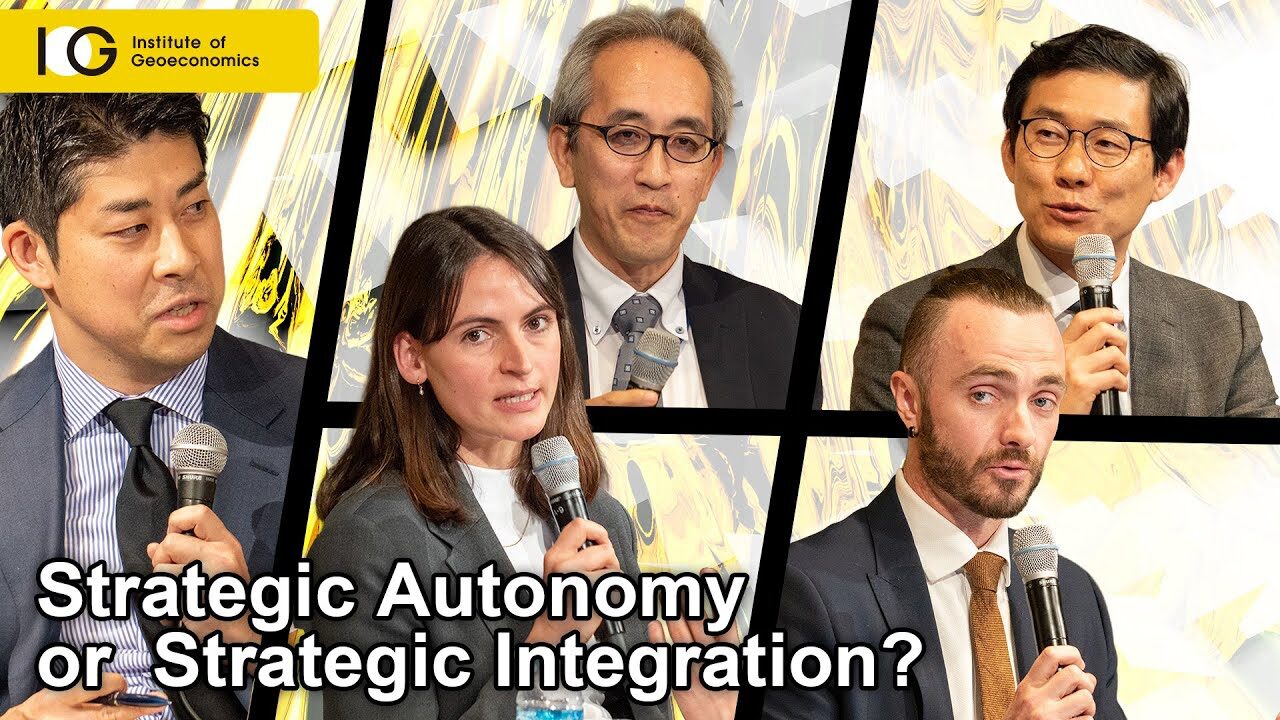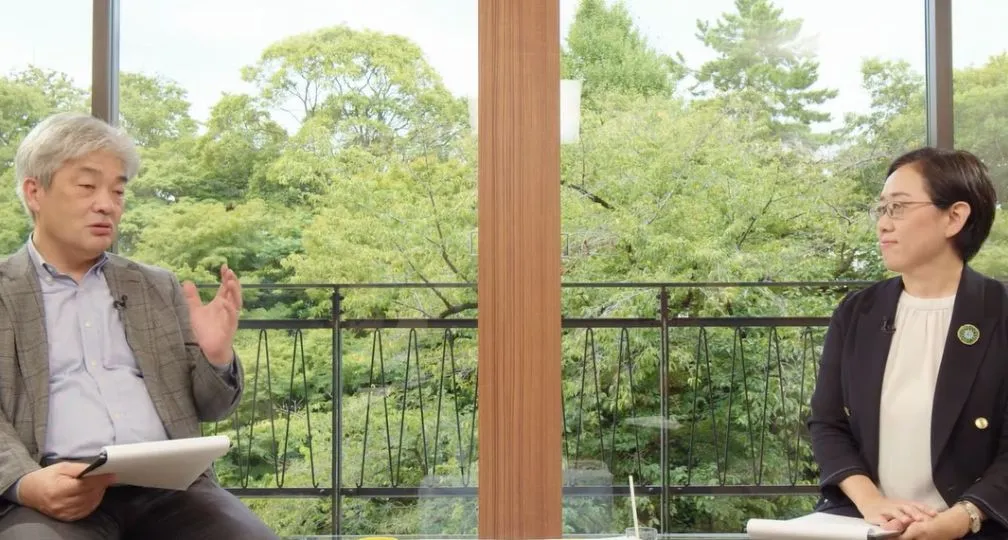Japan-U.S.-South Korea Trilateral Cooperation in Response to the Russia-North Korea Partnership
The Russia-North Korea Partnership and the Alignment Between Europe and the Indo-Pacific
Indo-Pacific and European security were called “inseparable” at the G7 Apulia Summit on June 14, and it is ironic that this perception was corroborated only a few days later when Russian President Vladimir Putin visited Pyongyang and signed a “Comprehensive Strategic Partnership Treaty” with North Korean leader Kim Jong Un.
The treaty marks the first Russo-North Korean military alliance treaty since the 1961 Treaty of Friendship, Cooperation, and Mutual Assistance, which expired in 1996. According to North Korea’s Korean Central News Agency, Article 4 of the treaty provides that “in case any one of the two sides is put in a state of war by an armed invasion from an individual state or several states, the other side shall provide military and other assistance with all means in its possession without delay in accordance with Article 51 of the UN Charter and the laws of the DPRK and the Russian Federation.” Considering that this article refers to Article 51 of the UN Charter and uses similar language to the 1961 Treaty, the new strategic partnership treaty connotes mutual defense obligations, at least conceptually. “Although North Korea has deployed troops to Ukraine, there is a more restrictive view that the treaty does not necessarily mandate automatic intervention.
What is certain is that for the time being, the treaty will function as a basis for mutual military assistance and strengthened cooperation. For Russia, this likely includes North Korea’s continued provision of ammunition and ballistic missiles, such as the short-range KN-23 (“Hwasong-11”), which has been ongoing since around September 2023. For North Korea, it is expected that military technological assistance will be accelerated, including engine technology used for launching ISR satellites.
Although this near-term cooperation has been effective in practice even before the new partnership treaty was signed, it has been pointed out that the treaty may develop such cooperation into a mid-to-long-term commitment. With the US resuming military aid to Ukraine and NATO willing to lead the military support to Ukraine, it is crucial for Russia to build such a stable cooperative relationship. Similarly, for North Korea, continued technological assistance from Russia will serve as an effective means to advance its various weapons development programs, despite being under sanctions.
In this context, the Russia-North Korea strategic partnership indicates how truly inseparable the European and Indo-Pacific theaters have become.
Relative Gains of Russia and North Korea, and China’s Response
However, Putin and Kim appear to be displaying different types of enthusiasm about the new treaty. For example, while Kim referred to the Russia-North Korea relationship as an “alliance,” Putin merely stated that he “does not rule out cooperation on military technology with North Korea.” The language “not ruling out” is usually used when one does not wish to acknowledge something proactively. Moreover, it was the Korean Central News Agency that immediately reported the text of the treaty. Regardless of how the treaty appears to third parties, it may be that Kim Jong Un gains more from this treaty, at least from Russia’s perspective.
There could be various reasons why such perceptions are shaped, but one of them might be the low quality of North Korean-made weapons. In May 2024, Ukrainian authorities revealed that roughly half of the North Korean-made KN-23 missiles used by Russia against Ukraine malfunctioned and exploded in mid-air after launch. The KN-23 has been noted for its visual similarity to the Iskander short-range ballistic missile, which is equipped by the Russian ground forces, but it is highly likely that its quality does not match that of the original. In this sense, if Russia’s technical assistance enhances North Korea’s quality control capabilities, Russia may be able to use North Korea as an arsenal. Nevertheless, such efforts will not necessarily pay off immediately in the ongoing conflict in Ukraine. Putin’s cautious statement might therefore reflect his cautious assessment of North Korea.
An even more cautious response has been shown by China. When asked about its view on the signing of the Russia-North Korea partnership treaty, a Chinese Foreign Ministry spokesman declined to comment, calling it a bilateral matter between the two countries. While China affirmed its “no limits” cooperation with Russia in the joint statement issued by both countries’ leaders in February 2022, a certain distance has emerged between the two as the war in Ukraine has dragged on; thus, it is noteworthy that China did not naively support this move even though it has the potential to strengthen ties among China, Russia, and North Korea.
Ever since 1996, China has been the only country to promise a mutual defense commitment to North Korea through the Treaty of Friendship, Co-operation, and Mutual Assistance. On the one hand, with Russia now signing a treaty that entails a similar commitment, China may be wary of its declining influence over North Korea. On the other hand, China appears to have no incentive to align itself with the US, Japan, and South Korea by making a strategic shift and condemning the new Russia-North Korea treaty. Therefore, it is difficult to expect China to play a positive role in countering this new partnership.
Deploy a Japan-US-South Korea Investigation Mission to Europe
How should Japan address North Korea and Russia, which were respectively identified as an “imminent threat” and “strong security concern” in Japan’s 2022 National Security Strategy? If Russia seeks to enhance North Korea’s missile development capabilities in exchange for something, the two countries most directly impacted would be South Korea followed by Japan. For this reason, it is essential for Japan to coordinate with the US and South Korea in the international arena and condemn the partnership. But that alone is insufficient. Japan needs to make a more concrete step.
In this regard, since Russia and North Korea have publicly announced their mutual military assistance relationship, it can be interpreted that they have provided relevant countries, including Japan, with legitimate grounds to openly scrutinize this relationship. One possible course of action, then, is for like-minded countries, including Japan, to deploy a joint investigation mission to Ukraine’s neighbors, such as Poland, and examine the debris of North Korean-made missiles in cooperation with Ukrainian authorities. There has already been a case where the Conflict Armament Research (CAR), a private investigation group, analyzed the North Korean-made missiles collected in Kharkiv in January 2024 and published its report. This report suggested that North Korea used civilian components, manufactured in the US, Germany, and Japan around 2021 to 2023, to produce missiles. The investigation is significant in that it partially revealed the supply chains of North Korean missiles and questioned the effectiveness of sanctions. Nevertheless, it is still insufficient, as it did not necessarily analyze the capabilities and performance of North Korean missiles from a military perspective. Meanwhile, members of the Panel of Experts on the UN Sanctions Committee on North Korea are also said to have visited Ukraine to analyze North Korean-made missiles, although the panel was disbanded at the end of April 2024 due to Russia’s veto.
If multinational investigation groups, consisting of national experts on defensive technologies in Japan, the US, and South Korea, were deployed to Europe, they could objectively assess the threat level and capabilities of North Korean-made missiles. Furthermore, if investigation missions are formed among partner nations, there is no need to be concerned about a Russian veto, unlike in the case of the UN Security Council. Under Japanese domestic laws, the Ministry of Defense could carry out such an investigation as part of its “study and research” authority provided by the Ministry of Defense Establishment Act; and the Ministry of Economy, Trade and Industry could justify such an investigation based on ensuring the effectiveness of export control under the Foreign Exchange and Foreign Trade Act as well. While the benefits of such an investigation remain uncertain, at least it would not face high hurdles with respect to implementation.
The relevant countries, such as Japan, the US, and South Korea, can exploit the opportunity presented by the Russia-North Korea partnership to anatomize North Korea’s missile capabilities from the European Continental angle. In short, the statement that the security of the Indo-Pacific and European regions are inseparable should not be left as mere rhetoric.
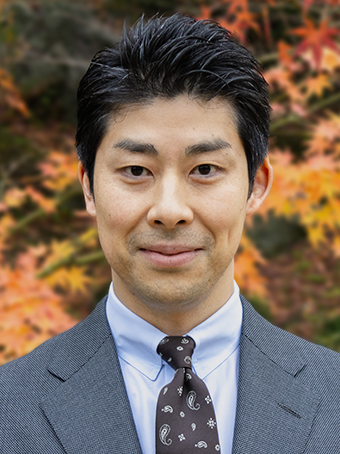

Senior Research Fellow
Hirohito Ogi is a senior research fellow at the Institute of Geoeconomics (IOG) studying military strategy and Japan’s defense policy. Before joining the IOG, Mr. Ogi had been a career government official at the Ministry of Defense (MOD) and Ministry of Foreign Affairs (MOFA) for 16 years. From 2021 to 2022, he served as the Principal Deputy Director for the Strategic Intelligence Analysis Office, the Defense Intelligence Division at the MOD, where he led the MOD’s defense intelligence. From 2019 to 2021, he served as a Deputy Director of the Defense Planning and Programming Division at the MOD. He holds a Master’s degree in international affairs from the School of International and Public Affairs (SIPA), Columbia University, and a Bachelor’s degree in arts and sciences from the University of Tokyo. He is the author of various publications including Comparative Study of Defense Industries: Autonomy, Priority, and Sustainability (co-authored, Institute of Geoeconomics, 2023).
View Profile-
 Fed-Treasury Coordination as Economic Security Policy2026.02.13
Fed-Treasury Coordination as Economic Security Policy2026.02.13 -
 Challenges for Japan During the U.S.-China ‘Truce’2026.02.12
Challenges for Japan During the U.S.-China ‘Truce’2026.02.12 -
 India and EU Sign Mother of All Deals2026.02.09
India and EU Sign Mother of All Deals2026.02.09 -
 Orbán in the Public Eye: Anti-Ukraine Argument for Delegitimising Brussels2026.02.04
Orbán in the Public Eye: Anti-Ukraine Argument for Delegitimising Brussels2026.02.04 -
 Trump, Takaichi and Japan’s Strategic Crossroads2026.02.03
Trump, Takaichi and Japan’s Strategic Crossroads2026.02.03
 Orbán in the Public Eye: Anti-Ukraine Argument for Delegitimising Brussels2026.02.04
Orbán in the Public Eye: Anti-Ukraine Argument for Delegitimising Brussels2026.02.04 Oil, Debt, and Dollars: The Geoeconomics of Venezuela2026.01.07
Oil, Debt, and Dollars: The Geoeconomics of Venezuela2026.01.07 When Is a Tariff Threat Not a Tariff Threat?2026.01.29
When Is a Tariff Threat Not a Tariff Threat?2026.01.29 Fed-Treasury Coordination as Economic Security Policy2026.02.13
Fed-Treasury Coordination as Economic Security Policy2026.02.13 A Looming Crisis in U.S. Science and Technology: The Case of NASA’s Science Budget2025.10.08
A Looming Crisis in U.S. Science and Technology: The Case of NASA’s Science Budget2025.10.08





